Best Cuban documentary movies
Get ready to binge. We've found a collection of must-watch documentary films from Cuba, now streaming on Netflix, HBO, Hulu, Prime Video, and other top services!
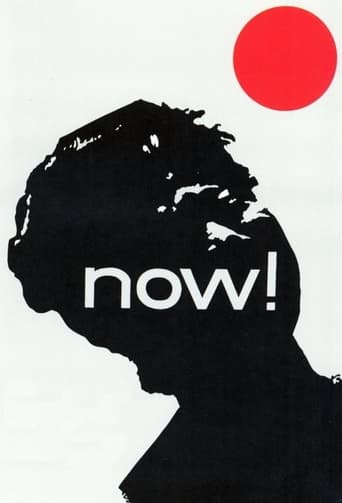
Now! 1965
Using morgue photos, newsreel footage, and a recording by Lena Horne, Cuban filmmaker Santiago Alvarez fired off 'Now!', one of the most powerful bursts of propaganda rendered in the 1960s.
67
One Way or Another 1977
In Miraflores, Cuba, the growing romance between Mario, a factory worker, and Yolanda, a schoolteacher, throws into relief the differences in their perspectives and values in Revolutionary Cuba.
64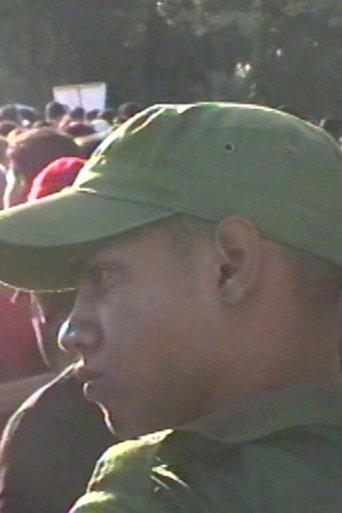
What's Mine is Yours 2021
A young couple in Havana struggles desperately to find a place in the crowded city where they can be alone and unseen. Combining video essay, fiction, and documentary footage of Cuban streets, What’s Mine is Yours is a darkly humorous, frenetic look at the way dense urban life confuses our desire for intimacy.
100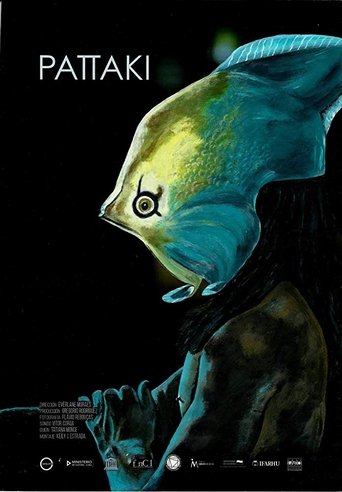
Pattaki 2019
In the dense night, when the moon lifts the tide, beings trapped in the daily life of water scarcity, they are hypnotized by the powers of Yemaya, the goddess of the sea.
90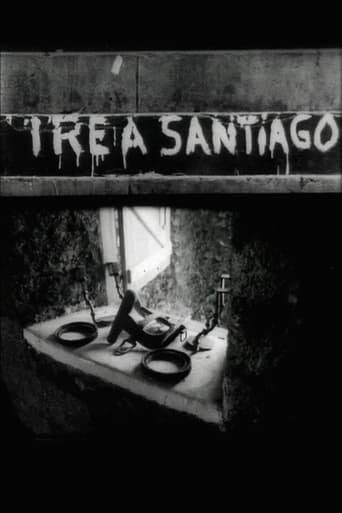
I'm Going to Santiago 1964
This black-and-white film is a loving portrait of Santiago de Cuba and its people. It provides a view of Cuba as a picturesque country, the product of an earthy mix of black and criollo cultures. The film uses historical images which portray the end of the eighteenth century when Haitian slave owners fled with their slaves to Cuba after the Haitian Revolution.
66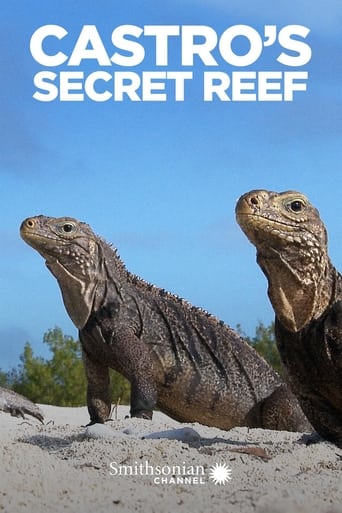
Castro's Secret Reef 2016
Cuba's enforced isolation has resulted in the unlikeliest of marine reserves: a huge, rambling archipelago known as Jardines de la Reina, or "Gardens of the Queen." Stretching around 140 miles along the southern coast of Cuba, it's one of the longest barrier reef systems in the world. Get an up-close look at Fidel Castro's diving playground, a forgotten ocean paradise unseen for half a century, and witness exotic species rarely seen elsewhere in the region. It's the lost jewel of the Caribbean, but how long can this pristine wilderness survive?
78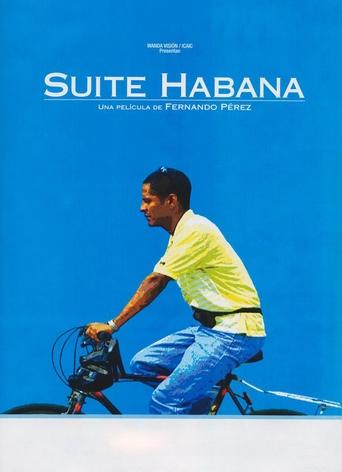
Suite Habana 2003
Dawn breaks in La Habana, and as the day advances we follow the simple lives of ten ordinary Cubans, with only sounds and images accompanied by music.
65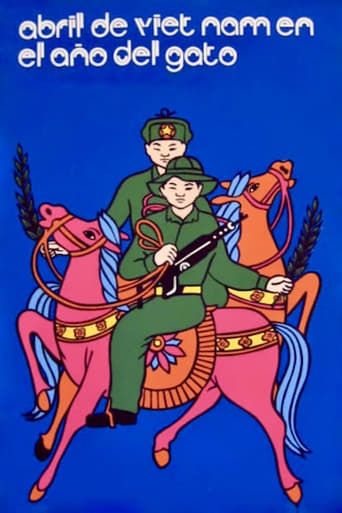
April in Vietnam in the Year of the Cat 1975
Documentary film on the end of the Vietnam War, the fall of Saigon and the departure of American troops, as well as a tracing of 4000 years of Vietnamese culture.
80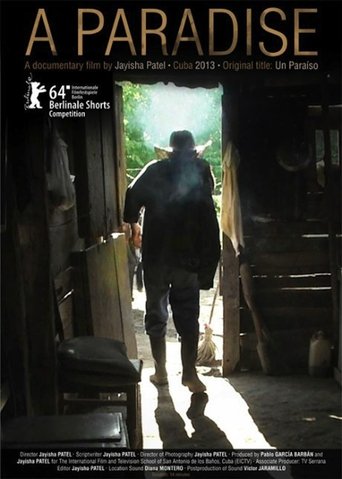
A Paradise 2014
Damaris and Alberto live in an isolated village in the Sierra Maestra Mountains of Cuba. Four months ago, their 12 year old son committed suicide.
80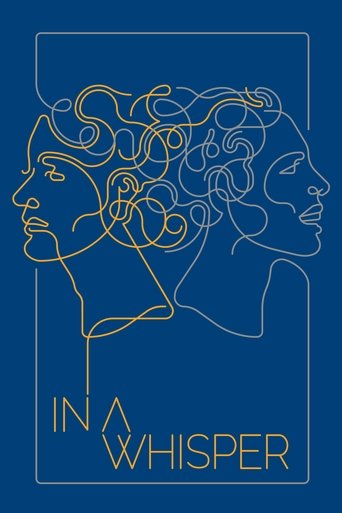
In a Whisper 2020
An intimate and revealing autoethnographic documentary about uprootedness, motherhood, love of film, friendship and freedom. Two filmmakers who have been best friends since childhood, both part of the Cuban diaspora, share their intimate and emotional journey while they try to find themselves and each other in a foreign land.
73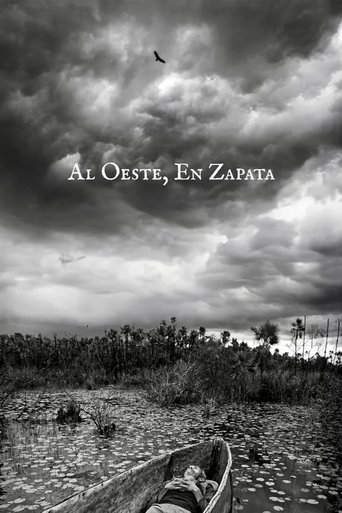
To the West, in Zapata 2025
Landi and Mercedes live in Cuba’s Zapata swamp, a biosphere reserve. To feed their sick child, Landi must secretly hunt crocodiles, leaving his wife and son behind for days on end.
70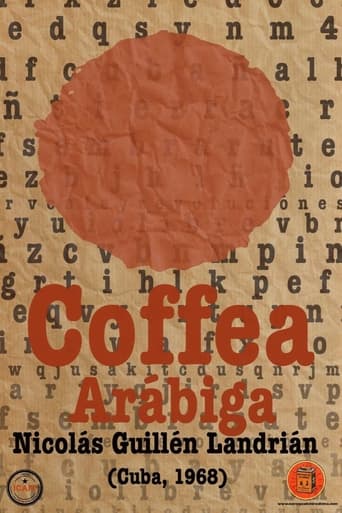
Arabian Coffee 1968
'Coffea arábiga' was sponsored as a propaganda documentary to show how to sow coffee around Havana. In fact, Guillén Landrián made a film critical of Castro, exhibited but banned as soon as the coffee plan collapsed.
50
The Reader 2018
In a famous Havana cigar factory, Gricel, the reader, makes her way to her rostrum and microphone, from where she regales the workers with a specially curated mix of interesting articles, novels, poetry and diversions. Gricel is one of the last people to hold this storied position.
62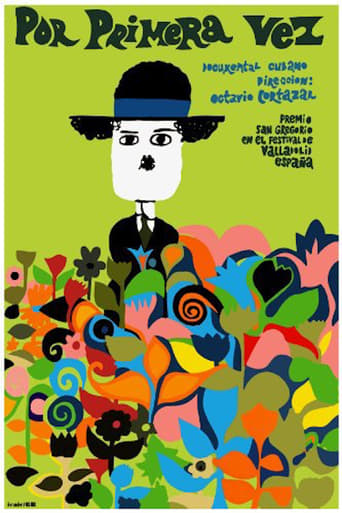
Por primera vez 1969
In 1967, Cuban documentary filmmaker Octavio Cortazar followed a travelling projectionist troupe whose mission was to show moving pictures to rural communities for the first time. Cortazar’s short film documents one audience’s response to its first film: Charlie Chaplin’s Modern Times.
57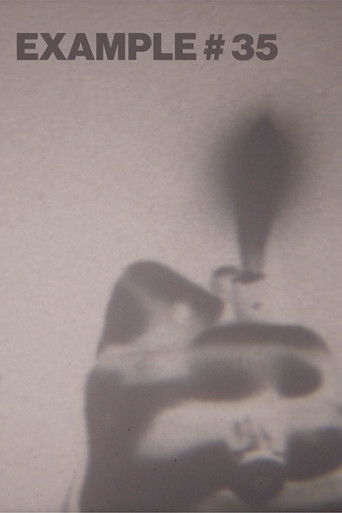
Example # 35 2022
This unusual documentary pixilation is based on images discovered in Cuban court archives. In the past, the Communist regime’s prying security forces surveilled not only the enemies of the regime, but also the activities of nonconformists, misfits and dissidents.
60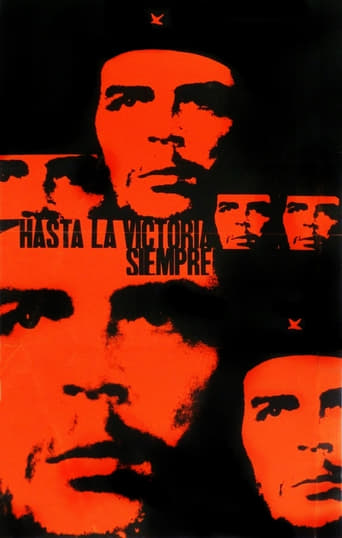
Hasta la Victoria Siempre 1967
An obituary of Che Guevara, made in forty-eight hours to be shown at the mass meeting on the 18th October 1967 in the Plaza de la Revolucion in Havana, where Fidel Castro announced the death of Guevara in Bolivia.
56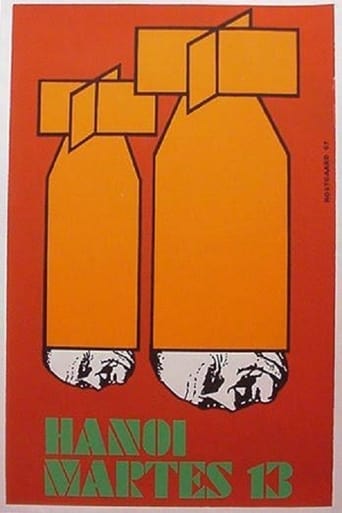
Hanoi, Tuesday 13th 1969
In December 1967, a Cuban film crew led by Santiago Alvarez, the veteran polemicist, travelled to Hanoi. They shot the footage which constitutes this short documentary all in one day - Tuesday 13. The film is the story of that day and what happened to the North Vietnamese people in the course of it.
47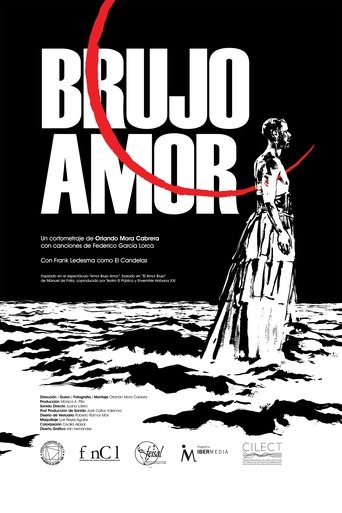
Sorcerous Love 2023
A queer operatic tale, between a singer and the sea. A dressed voice sings the remembrances of a lost love. The voice emerges from a shared body between the sea and the theater. The actor and character blend in a tormented evocation.
50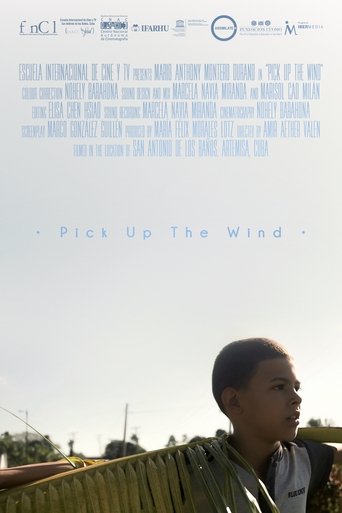
Pick up the Wind 2021
A short film following Anthony, a young child from the small, rural town of San Antonio de los Baños, Cuba. We see him in different moments of his daily life as he interacts with different forms of environmental, familial, and social influences. While Anthony displays contradictory traits of creativity, destruction, rigidity, and tenderness as he interacts with his external and internal worlds, we see a story built from the the multidimensionality of Anthony's layered personality as a young man.
50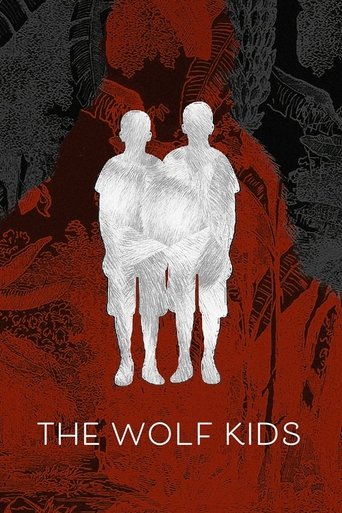
The Wolf Kids 2020
Vismán and Alejandro live alone with their father, a veteran of the Cuban Revolutionary Armed Forces. In the intimacy of their house and their day-to-day life, the two brothers participate in filming their portrait by imagining staged scenes that reveal the violence inherited from their national and family history. – Camille Kaiser
50
Todo Cambia 2000
A documentary that takes an in depth look at a government sanctioned art school in Cuba and its students. Interviews of various artists attending the school allow viewers a glimpse into their personal and professional lives.
45Palatino Park 1906
The activities of a recently opened amusement park in Havana, Cuba, similar to New York's Coney Island.
45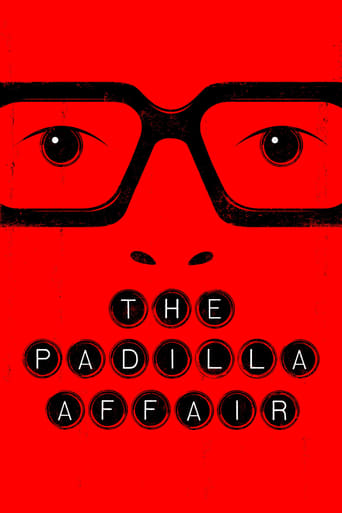
The Padilla Affair 2023
Havana, spring 1971: The poet Heberto Padilla has just been set free and appears before the Cuban Writers' Union where he pronounces a statement of "heartfelt self-criticism", declares himself to be a counterrevolutionary agent and throws accusations of complicity at many of his colleagues present at the event, among them, his wife. A month previously, his arrest under the accusation of endangering the security of the Cuban state had mobilised prominent intellectuals all over the world, who wrote a letter to Fidel Castro calling for the release of the poet, whose only sin had been to dissent through his poetic work. The writer's mea culpa, the recording of which is shown for the first time to the public, marks the narrative line of a story including the testimonies of Gabriel García Márquez, Julio Cortázar, Mario Vargas Llosa, Jean-Paul Sartre, Jorge Edwards and Fidel Castro.
42
The Oldies 2018
A timeless look at art, love and beauty, The Oldies follows three elderly Cuban musicians as they relate their stories of struggle and reveal their undying passion for life.
45Ociel from Toa 1965
Ociel del Toa is a poetic vision of the lives and actions of the people along the Toa River, in the Oriente province of Cuba.
45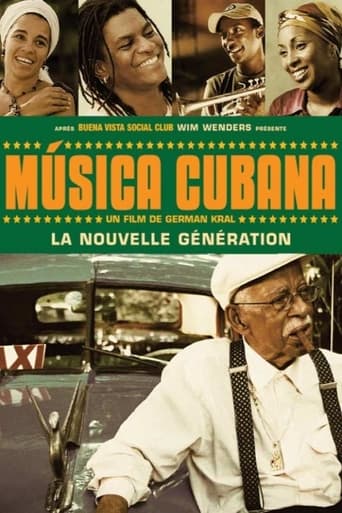
Música Cubana 2004
Documentary about the forming of a second Buena Vista Social Club, the world famous Cuban band. Barbaro, a Cuban taxi driver, meets the singer Pio Leyva, one of the stars from BVS Club, and convinces him to form a new band with the most promising young musicians from Cuba.
43
This Is Our Land 1959
The unfair distribution of land in Cuba encourages the support of the peasants to the revolution.
43El mégano 1955
Documentary that portrays the life of a coal-mining town south of Havana, around 1955, prior to the triumph of the revolution.
40
An Island for Miguel 1968
In this film, Sara Gómez documents the everyday life of the Isla de Pinos, the discussions about the problems of construction, the school and the leisure activities of the youth in 1968 and contextualizes these images with Frantz Fanon's thoughts about the construction of a nation through decolonization.
40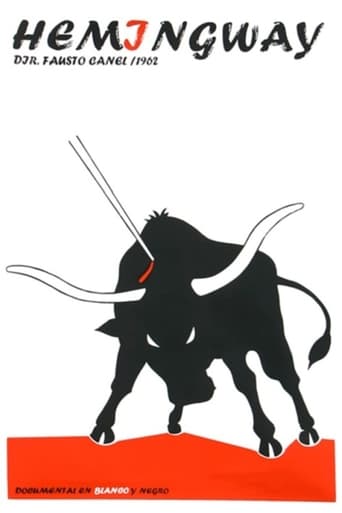
Hemingway 1962
40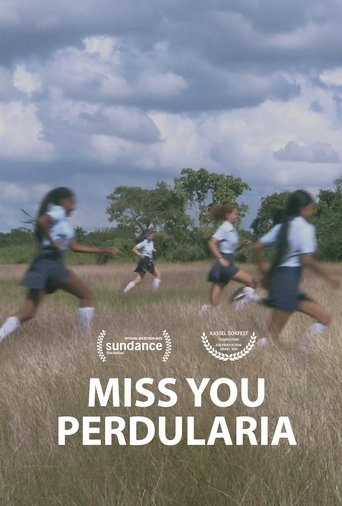
Miss You Perdularia 2024
At a Cuban high school, a group of girls who call themselves “Las Perdularias” find ways to deal with the absences on an island that is becoming increasingly empty.
40
Local Power, Popular Power 1970
About the election in assembly of the President of the Poder Popular (Popular Power)
30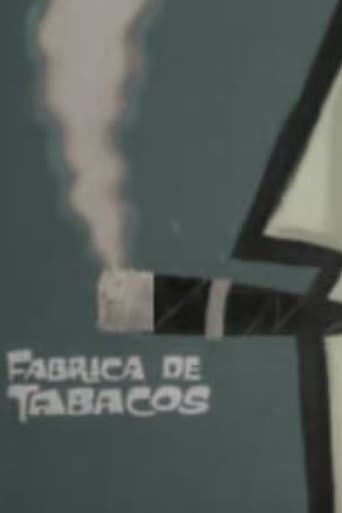
Fábrica de tabacos 1962
Documentary short film that shows the manufacturing process of Cuban cigars.
30Sexto aniversario 1969
A commemoration of the 6th anniversary of the beginning of the Cuban revolution. 500,000 campesinos invited to celebrate the occasion pour into Havana.
30
Lágrimas negras 1997
20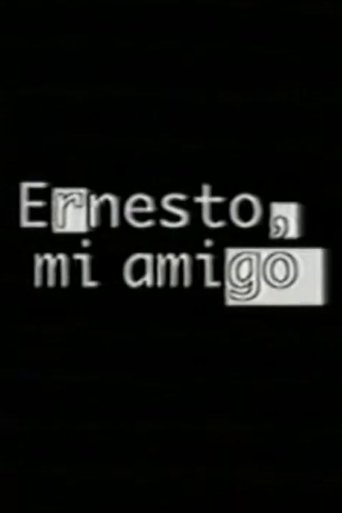
Ernesto, mi amigo 1998
A documentary on Ernesto Dominguez, a proud garbage collector near Havana, Cuba.
20Titón: From Havana to Guantanamera, 1928-1996 2008
A look at the life and work of Cuban filmmaker Tomas Gutierrez Alea.
20
If You Only Understood 1999
Si me Comprendieras refers to the tradition of Bolero, as the original intention of the director was to make a musical film. This proved to be difficult for a Cuban living in Spain, as the search for appropriate dancers revealed the grim realities these black women lived each day -- oppressive family relationships, unemployment which forces them into prostitution, the general hopelessness of young Cubans and the subtle racism which is officially denied. In this docu-drama, a Cuban director and scriptwriter embarks upon a journey to search for a black or half-caste dancer and singer to play the central role in his latest film, a musical comedy. The audience witnesses the experiences of the film crew from their point of view, behind the camera. Through the questions they pose to the auditioning actresses and their responses, the reality of Cuba is revealed.
20Un festival 1963
Made as part of the Noticiero ICAIC Latinoamericano in celebration of the first Latin American University Games.It is a short film of ten short minutes, dominated by jazz music, which presents, through the typical structure of a report, the arrival of the delegates, their reception, the atmosphere of camaraderie, the training, the parade of participants, the words of Raul Castro at the inauguration, the sports competitions and the final party.
10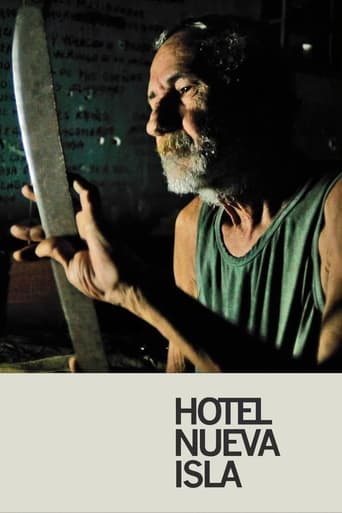
Hotel Nueva Isla 2014
In the early twentieth century, the Hotel Nueva Isla was an emblematic luxury hotel. After the Cuban Revolution, it was confiscated by the State and became a shelter for homeless people. Located in Old Havana, today it is an imposing ruin. Jorge de los Rios, a retired clerk, is one of the few residents who remain there, along with La Flaca, his lover, and Waldo, a young itinerant. As the rest leave for safer places, Jorge clings to his dilapidated home and its buried treasures, slowly digging his way through its debris. The film speaks poignantly to a lost generation who fought in the Cuban Revolution and dreamed of a better society.
10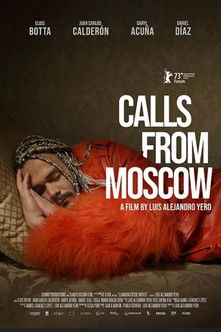
Calls from Moscow 2023
A prefabricated estate in Moscow is meant as a transit stop for four queer Cuban exiles – until Russia’s attack on Ukraine radically shifts their outlook. Moving telephone calls back home provide the structure of Luís Alejandro Yero’s debut work.
10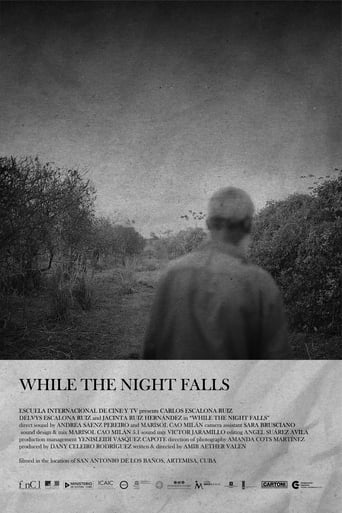
While The Night Falls 2023
An intimate portrait of the lives of Delvys and Carlos, siblings who live alone with their elderly mother in a rural part of a small Cuban town. The film portrays a family engulfed in their inner worlds. Between the sacrifices they make out of love for those who are present, and their longing for things that are absent, they struggle to find meaning as they reflect, contemplate, and carry the weight of existence, trying together, to move forward.
10
Excursion to Vueltabajo 1965
Documentary that reflects the development of tobacco production in Pinar del Río.
10
My Contribution 1969
An illustration of the difficulties women encounter when they seek to achieve economic integration and equality with men in a country at the height of revolution.
10
On Sugar Workers' Quarters 1971
Documentary about the history of the bateyes, informal settlements surrounding the mills to house workers. Throughout the film, Sara Gómez recovers the political and cultural relevance of black migrants.
10
About Extra Hours and Volunteer Work 1973
Opinions of workers of the textile industry on the theses of the XIII Labor Congress of the CTC.
10
Guanabacoa: Chronicle of My Family 1966
A pioneer in the genre of autobiographical documentaries, this film made by the renowned Cuban director Sara Gómez explores her family roots to offer a family portrait through photos, popular music, and women’s tales. It is also a powerful document of an age and a way of living: that of middle- or upper-class black families in Cuba, meeting in exclusive bars just before the Cuban Revolution.
10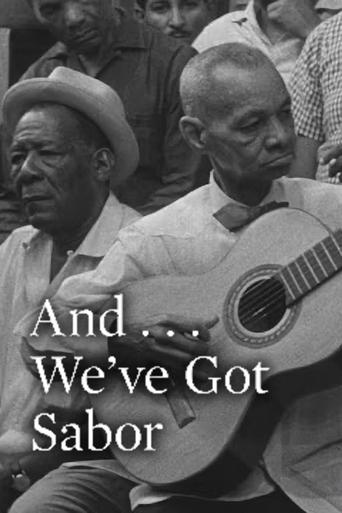
And... We've Got Sabor 1967
Legendary rumba musician Alberto Zayas serves as a guide for this vibrant journey through Cuban musical history and culture. The short features interviews, footage of impromptu street performances, and studio recordings.
10Historia de una descarga 1982
The arrival at the port of Cienfuegos of a ship with cargo that has no recipient exposes some of the problems faced there, which reflect the national reality.
10The Dancers 1965
People dance during a performance of the Orchestra "The Afrokán". The film was banned, at the beginning of the Cuban revolution, for depicting an unwanted image of the Havana night.
10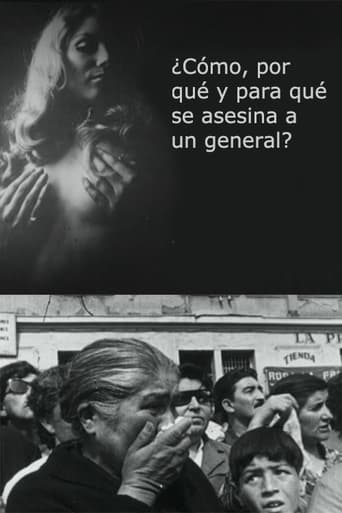
¿Cómo, por qué y para qué se asesina un general? 1971
Documentary short about the death of Chilean general René Schneider by the CIA, following the election of Salvador Allende as president of the nation.
10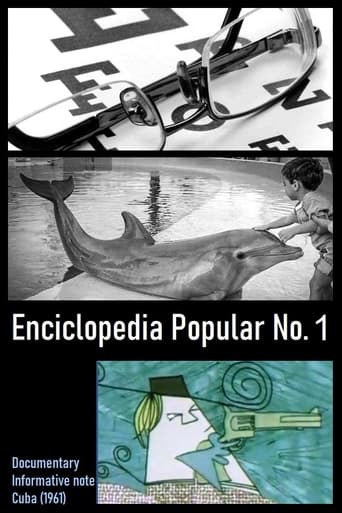
Enciclopedia Popular No. 1 1961
10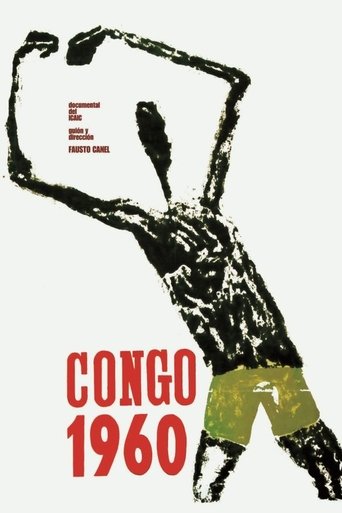
El Congo 1960 1961
10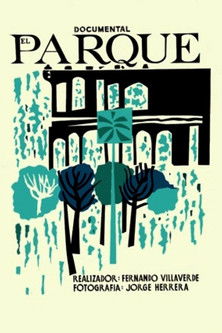
The Park 1963
A documentary portrayal of life at Havana’s Central Park in the early 1960s. Occasional visitors, entertainers, passers-by, but most specially the elders who spend here a great part of their day, watching, remembering, musing...
10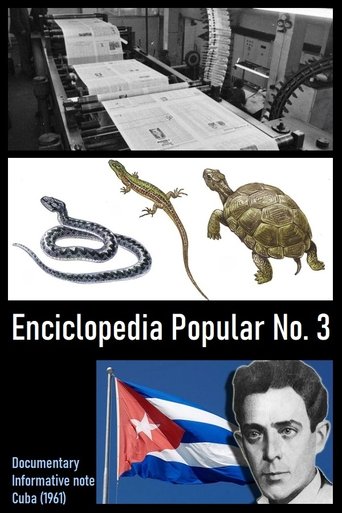
Enciclopedia Popular No. 3 1961
10
Carnival 1960
10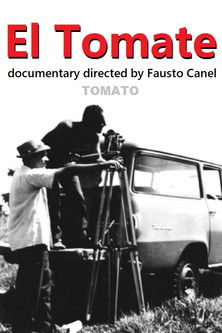
El Tomate 1959
10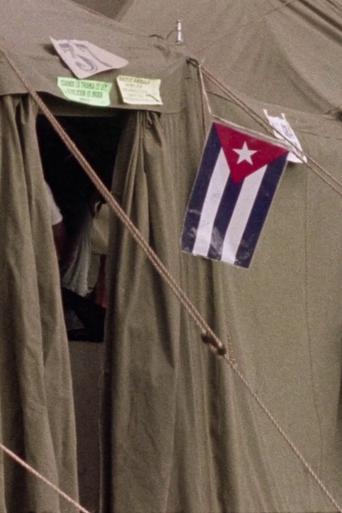
Tent City 1981
The story of a group of Cubans who arrived in Miami during the Mariel Boatlift and were housed in an improvised camp in the heart of the city. Everyone lived together —men and women, homosexuals and heterosexuals, separated only by cloth curtains that hung from ropes suspended between the beds, like floating walls.
10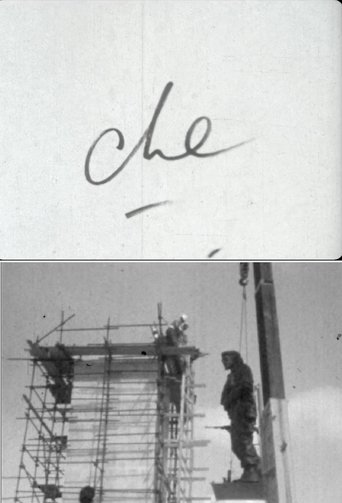
A Square is Born 1988
In 1988, the Cuban State started to build a monumental tomb for the guerrilla fighter Ernesto 'Che' Guevara, despite the fact that his body was still missing in the Bolivian forest. Amid controversies and conspiracy theories, the Communist Party commissioned aficionado filmmakers Secades and Garcia to document the work, with the backing and supervision of the revolutionary armed forces. Nace una plaza is the documentary resulting from this experience.
10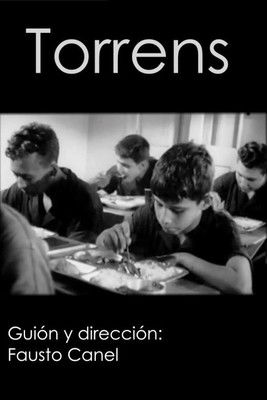
Torrens 1960
The former prison for adolescents is converted into a "rehabilitation center" by the nascent Revolution.
10Retornar a Baracoa 1966
Retornar a Baracoa focuses on a town, the oldest in Cuba, that remained accessible only by sea for more than three hundred years. While the documentary showcases government projects to build a radio station, a high school, an airport and a park, the images and voices of the residents leave the viewer with the feeling that all of this may be too little.
10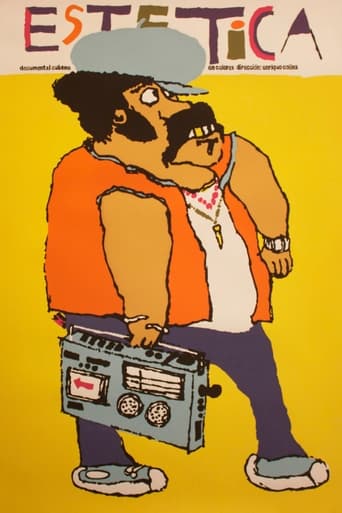
Estética 1984
A humorous glimpse into Cubans’ sense of style.
10
Sobre Luis Gómez 1965
Documentary film by Bernabé Hernández
10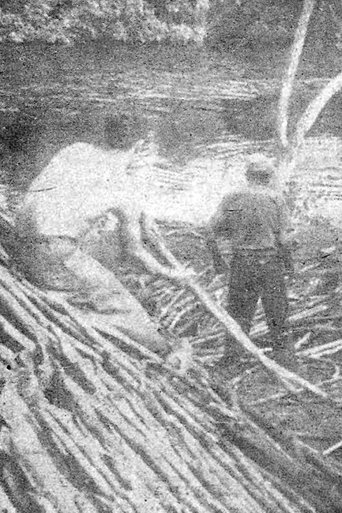
Tierra Olvidada 1960
A documentary about the "Ciénaga de Zapata" swamp in Cuba.
10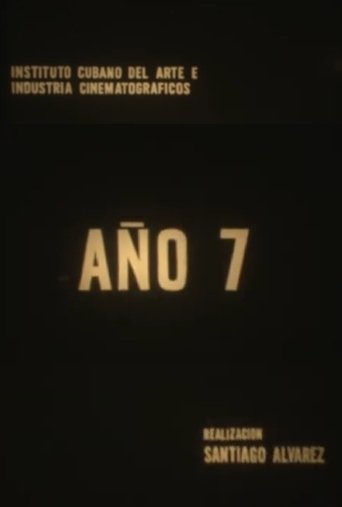
Año 7 (Noticiero No. 290) 1966
10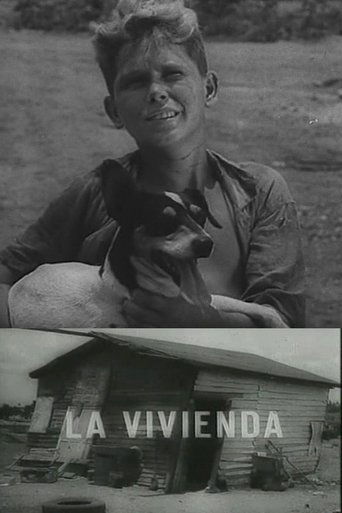
La vivienda 1959
Urban reform during the first months of the Cuban revolution is the subject of this documentary
10